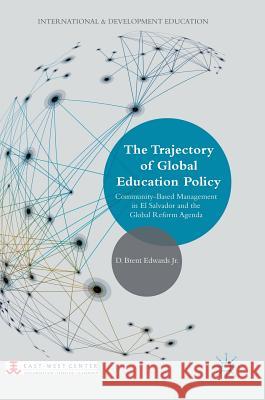The Trajectory of Global Education Policy: Community-Based Management in El Salvador and the Global Reform Agenda » książka
topmenu
The Trajectory of Global Education Policy: Community-Based Management in El Salvador and the Global Reform Agenda
ISBN-13: 9781137508744 / Angielski / Twarda / 2017 / 304 str.
The Trajectory of Global Education Policy: Community-Based Management in El Salvador and the Global Reform Agenda
ISBN-13: 9781137508744 / Angielski / Twarda / 2017 / 304 str.
cena 403,47 zł
(netto: 384,26 VAT: 5%)
Najniższa cena z 30 dni: 385,52 zł
(netto: 384,26 VAT: 5%)
Najniższa cena z 30 dni: 385,52 zł
Termin realizacji zamówienia:
ok. 22 dni roboczych
Bez gwarancji dostawy przed świętami
ok. 22 dni roboczych
Bez gwarancji dostawy przed świętami
Darmowa dostawa!
Kategorie:
Kategorie BISAC:
Wydawca:
Palgrave MacMillan
Seria wydawnicza:
Język:
Angielski
ISBN-13:
9781137508744
Rok wydania:
2017
Wydanie:
2018
Ilość stron:
304
Waga:
0.54 kg
Wymiary:
21.01 x 14.81 x 1.91
Oprawa:
Twarda
Wolumenów:
01
Dodatkowe informacje:
Bibliografia
Wydanie ilustrowane
Wydanie ilustrowane











